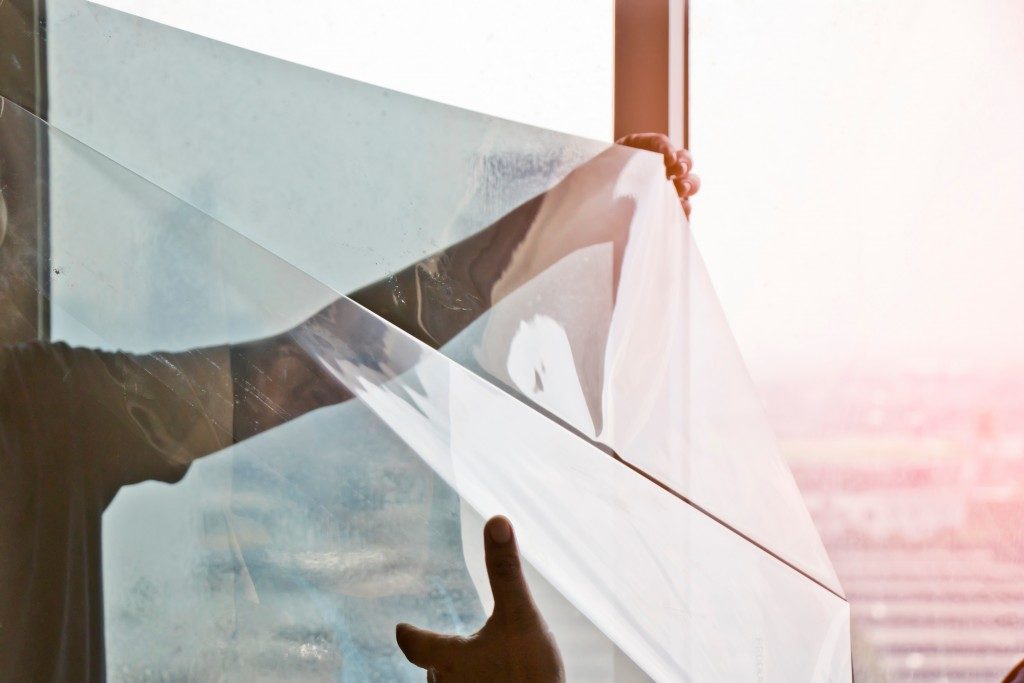You see it everywhere: UV protection in glasses, skincare products, and even windows. We tend to overlook this feature since it's something that's not visible to the eyes or something that we can physically feel.
However, UV radiation has extreme long-term effects, such as skin cancer and melanoma. It can also age the skin faster and darken acne scars. Protection from the sun should be taken seriously to avoid serious troubles in the future.
What is UV radiation?
Ultraviolet (UV) radiation primarily comes from the sun, but machines like tanning beds and blacklight lamps emit this, too. It comes in three different types: UVA, UVB, and UVC. For the most part, the Earth receives 95% UVA rays and 5% UVB rays.
UV radiation is said to cause skin cancer. It's also linked to faster skin aging and hyperpigmentation. UV rays are also responsible for sunburns.
However, their damage does not only affect the skin but also the eyes. Photokeratitis is the result of too much exposure to UV rays, and even though it doesn't have long-term effects on the eyes, it causes red eyes, the gritty feeling, and excessive tearing.
Here are ways to protect yourself from UV rays:
Sunscreen
Sunscreen is a product that acts as a barrier for your skin from UV rays. There are two types of sunscreens: one that absorbs radiation and one that reflects UV rays.
This sun protection can reduce the development of wrinkles and hyperpigmentation. It also helps in the prevention of skin cancer.
When looking for a sunscreen, look for at least a broad-spectrum product with SPF 30. You should also apply it 30 minutes before sun exposure to ensure that it is fully activated and that your skin has absorbed it.
Additionally, sunscreen can be greasy, so purchase a sunscreen that is designed for your skin type. There are water-based products for oily skin and oil-based products for dry skin.
Sunglasses
Aside from photokeratitis, UV radiation can cause cataracts and macular degeneration. Instead of squinting and causing further damage, it's better to buy a high-quality protective sunglasses.
When choosing a pair of sunglasses, it should block at least 99% of UV rays and filter at least 75% of light. The pigmentation of the lens does not correlate to the amount of protection the sunglasses provide.
Window films
Even if you're indoors, you're not free from the hazards of UV rays because light waves can penetrate windows which is why houses and offices in Berkshire install solar window films.
These films can also block as much as 99% of UV rays and 55% of heat. Solar window films help regulate the temperature of the room by blocking out or absorbing light exposure and excess heat. Because of this, it reduces energy costs since airconditioning units and heaters won't work so hard to regulate room temperature.

You know the age-old saying: "Prevention is better than cure." Before exposing yourself to extreme sunlight at the beach or while walking on the sidewalk, make sure that you're protected from UV rays. Don't forget to wear sunscreen and sunglasses.

